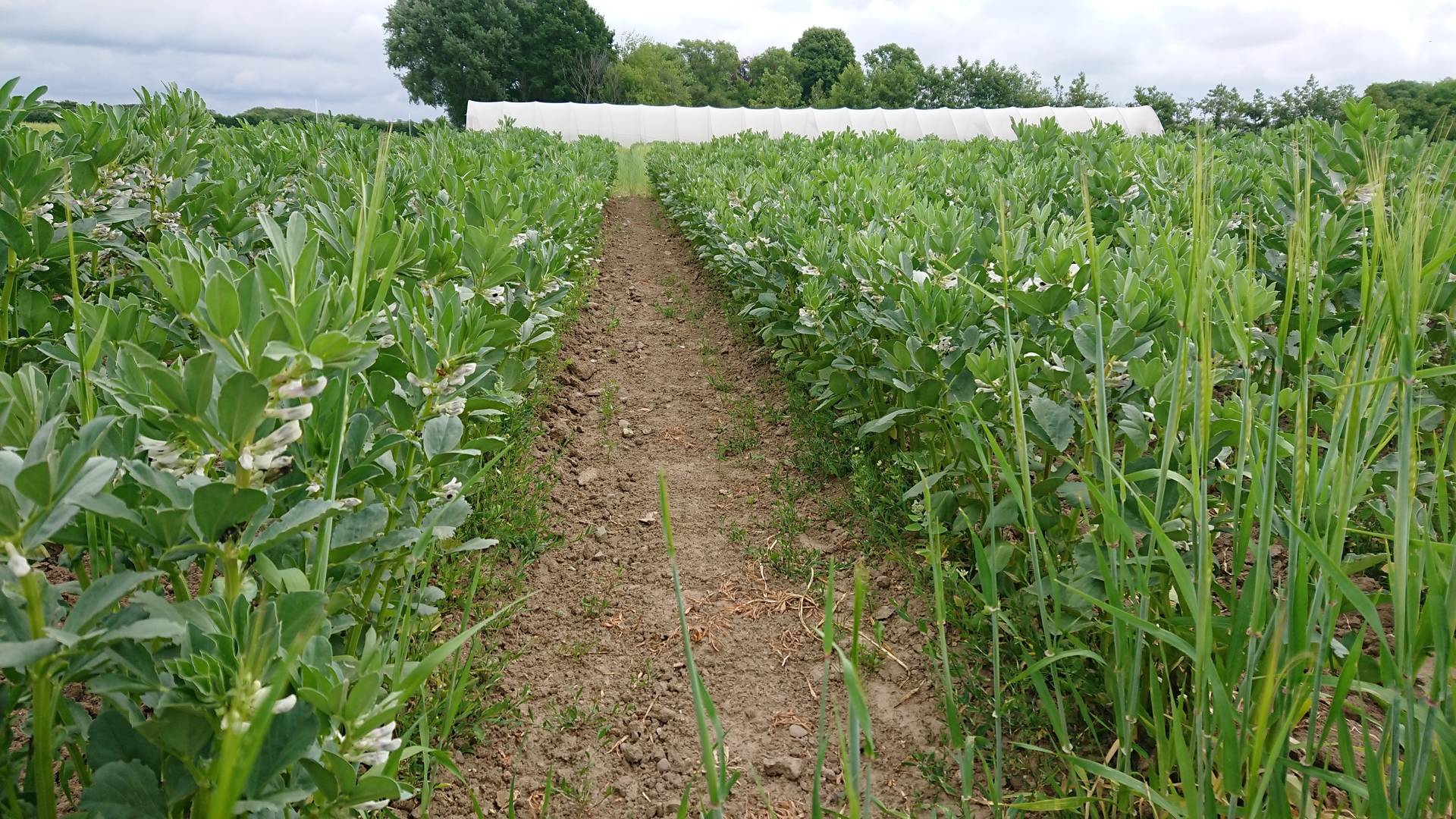Green Transition Denmark (GTD) welcomes the opportunity to provide feedback on the Commission’s proposal for CRCF.
CARBON FARMING IS ILL-SUITED FOR CERTIFICATION
The definition of carbon farming needs to be clarified. Emission reductions from the land sector can be certified as removals under the current definition of carbon farming, which is counterfactual and goes against the findings of the Impact Assessment. It is essential that emission reductions and avoided emissions are not to be included in CRCF since reductions are not removals.
Carbon farming is ill-suited for certification as the storage is not permanent, highly reversible and dependent on weather and farming techniques which makes it difficult to quantify and verify. Carbon farming should instead be addressed through a holistic policy package such as CAP or SHL.
OFFSETTING ENCOURAGES GREENWASHING INSTEAD OF CLIMATE ACTION
The CRCF should not be used for offsetting emissions, as this would discourage real emissions reductions. Offsetting GHG emissions through certifications will incentivise greenwashing by concealing emissions behind removals under the false pretence of climate action. This could lead to greenwashing such as corporate claims of carbon neutrality based on trading of removal certificates without proper action to reduce own emissions and/or emissions related to own value chain. The EU’s policy should set separate targets for emissions reductions and GHG removals as well as requirements for separate accounting.
LINKAGE WITH OTHER EU LEGISLATION ON CLIMATE AND BIODIVERSITY
The proposal makes no link to other related regulation such as LULUCF, CAP, ETS, NRL, SHL and GCI.
The CRCF should not be a standalone framework and thus its relation to other targets and regulations needs to be clarified. The CRCF should support MS and EU targets for nature and climate action set in other EU legislation.
UNADDRESSED QUESTIONS
Several key decisions that are essential for real climate actionare postponed to the future and central aspects of the proposal is delegated to a closed expert group. In order to establish a reliable CRCF the basic act must assess and include rules on the minimum duration of storage – i.e. a definition of permanence, liability in case of reversals, and requirements for monitoring and reporting.
CARBON STORAGE IN PRODUCTS SHOULD NOT BE INCLUDED
Carbon stored in products diminishes over time and the carbon is eventually released back into the atmosphere from either incineration or decay at landfills. Therefore, carbon storage in products should not be considered a removal, but rather delayed emissions.
SUSTAINABILITY CRITERIA TO INCLUDE BIODIVERSITY
Sustainability criteria are essential for reliable carbon certification. The proposal requires a neutral impact on biodiversity, which is inadequate. The framework should require activities to improve ecosystem integrity, which is a prerequisite for high-quality removals and vastly increases the resilience of land.
CONCERNS REGARDING BECCS
BECCS poses a range of concerns, most importantly that combustion of wooden biomass is not carbon neutral. BECCS from combustion of wooden biomass is associated with issues related to land-use, biodiversity and food security. Therefore, BECCS on combustion should not be included in the CRCF, and the potential of non-combustion BECCS is limited.





